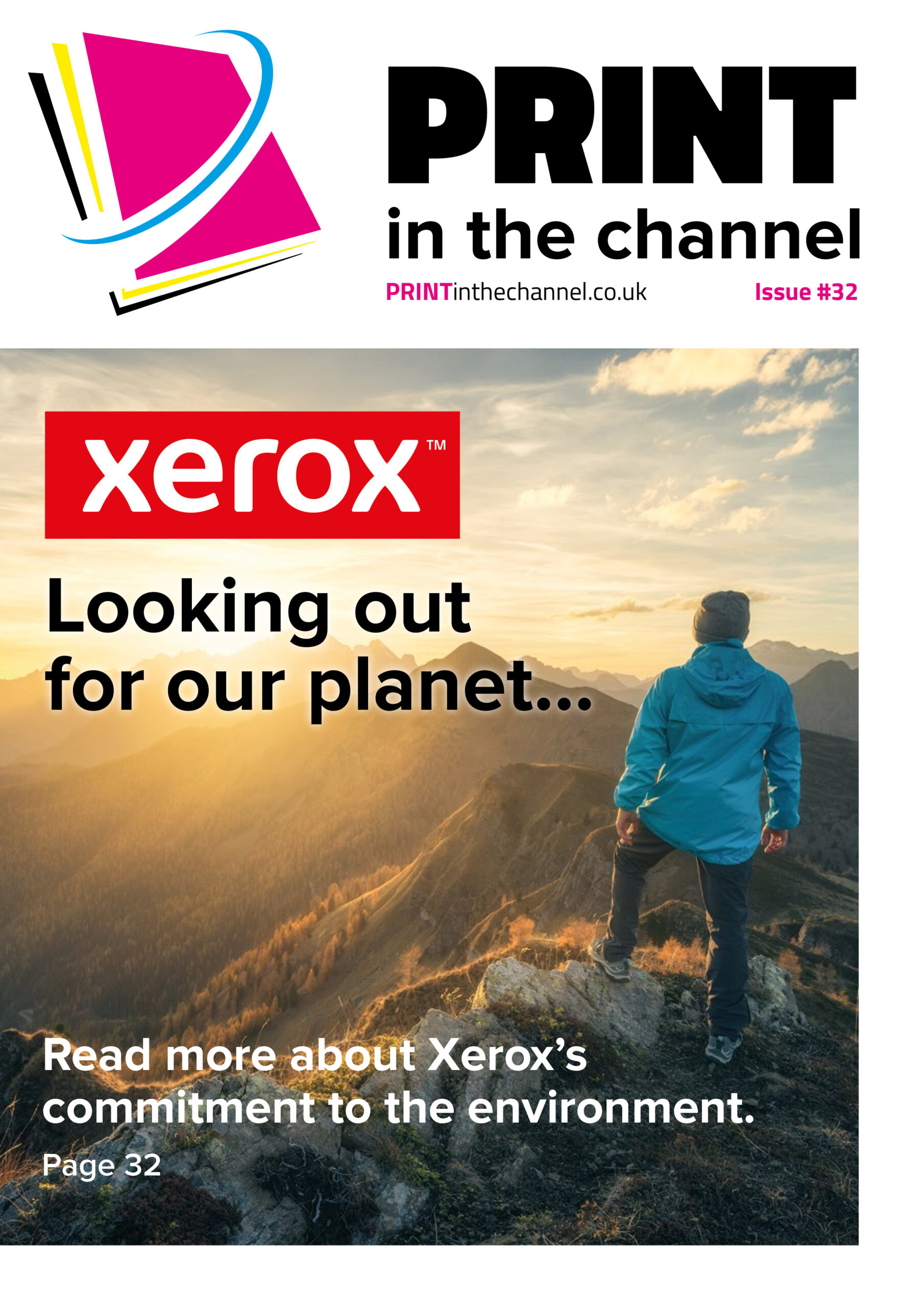Ricoh has been recognised as one of TIME’s World’s Most Sustainable Companies in 2024, ranking 151st overall and 8th in the Electronics, Hardware & Equipment sector. The recognition shows Ricoh’s commitment to environmental, social and governance (ESG) initiatives. The company’s approach to sustainability involves a balance of Prosperity, People and Planet, with 16 ESG targets set to solve key social and management issues. Ricoh’s inclusion in this respected list reflects its focus on achieving a sustainable society.
- Ricoh named in TIME World’s Most Sustainable Companies of 2024, ranking 151st overall and 8th in the Electronics, Hardware & Equipment industry sector.
- Ricoh recognised for global leadership in transparency, stewardship, and commitment to achieving a sustainable society through environmental, social, and governance initiatives.
- Ricoh’s sustainability approach focuses on a Three Ps Balance—Prosperity (economic), People (society), and Planet (environment), with identified material issues and ESG targets to drive sustainability initiatives.
Sustainability Standings in the Spotlight
In a commendable achievement, Ricoh has secured its position in the TIME World’s Most Sustainable Companies of 2024. This comes as a testament to the firm’s unwavering commitment to environmental, social, and governance (ESG) initiatives.
The list, compiled by TIME Magazine and research provider Statista, features 500 companies from over 30 countries. Ricoh stands at a respectable 151st in the overall ranking and an impressive 8th in the Electronics, Hardware & Equipment industry sector. The recognition accentuates Ricoh’s global leadership in transparency, stewardship and sustainability.
The Rigorous Ranking Process
The ranking process involved an in-depth assessment of over 5,000 companies based on multiple factors. These included revenue, market capitalisation, public prominence and a four-step evaluation process, which incorporated over 20 key data points. This recognition underscores Ricoh’s global leadership in transparency, stewardship, and its unwavering commitment to achieving a sustainable society through comprehensive environmental, social, and governance (ESG) initiatives.
Ricoh’s Sustainability Strategy
Ricoh’s sustainability strategy revolves around the Three Ps Balance—Prosperity (economic), People (society), and Planet (environment). By focusing on these three areas, the company aims to resolve social issues through business operations and robust management infrastructure. With the establishment of 16 ESG targets, Ricoh is steadfast in its mission to enhance its sustainability initiatives further.
Final Thoughts
Ricoh’s inclusion in TIME’s list of the World’s Most Sustainable Companies shows its dedicated efforts towards sustainability. This recognition underscores the importance of aligning business growth with environmental, social, and governance responsibilities. It’s a reminder to businesses that sustainable practices are not just beneficial—they’re also increasingly necessary in our rapidly evolving global landscape.
FAQ
Q: What criteria were used to determine the TIME World’s Most Sustainable Companies of 2024?
A: The ranking was based on factors such as revenue, market capitalisation, public prominence and assessment of over 5,000 companies through a four-step process with over 20 key data points.
Q: How did Ricoh rank in the TIME World’s Most Sustainable Companies of 2024?
A: Ricoh ranked 151st overall and 8 out of 39 in the Electronics, Hardware & Equipment industry sector.
Q: What are the key areas of focus for Ricoh in terms of sustainability?
A: Ricoh focuses on achieving a sustainable society through economic prosperity, societal well-being, and environmental stewardship, known as the Three Ps Balance (Prosperity, People, Planet).
Q: How does Ricoh align its sustainability goals with its business growth?
A: Ricoh aligns its sustainability initiatives by identifying seven material issues in two areas and setting 16 ESG targets to work towards solving these issues, thereby linking ESG with business growth.









